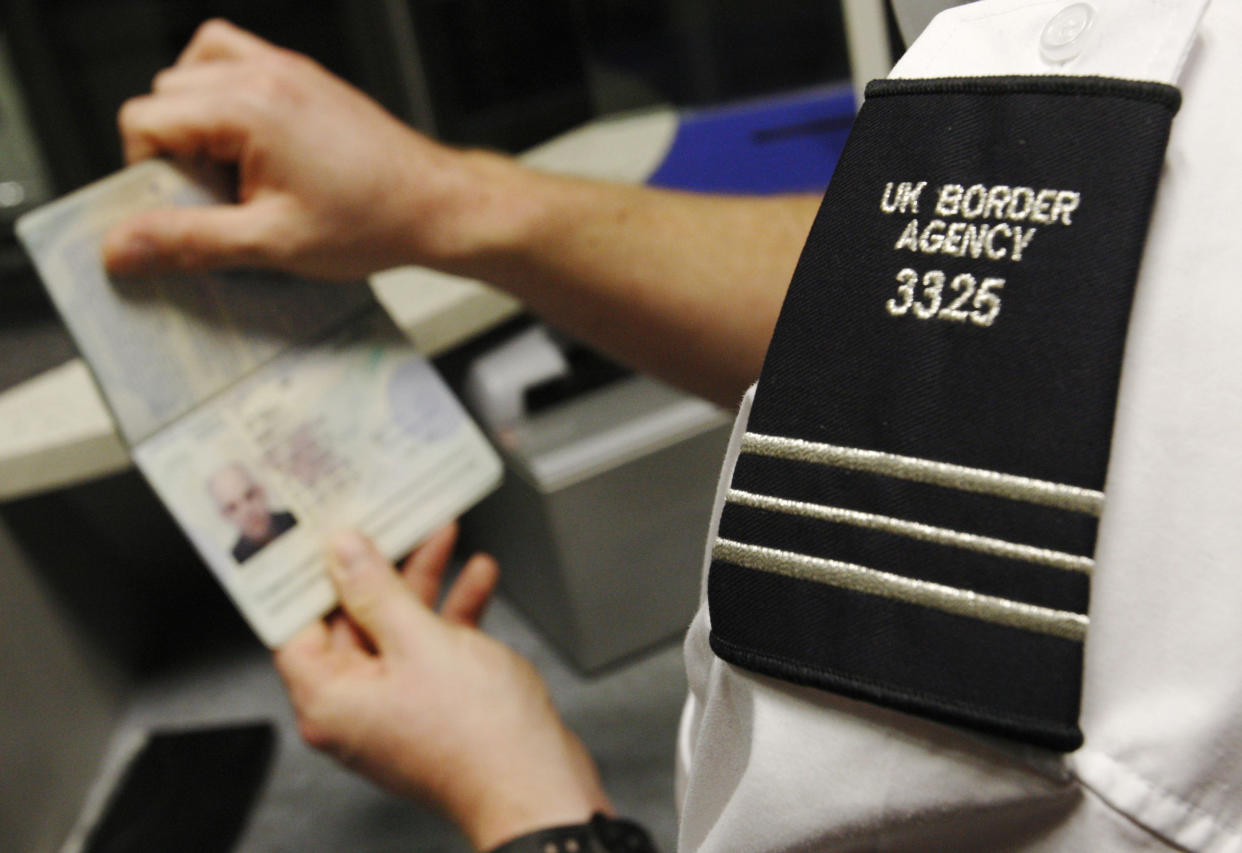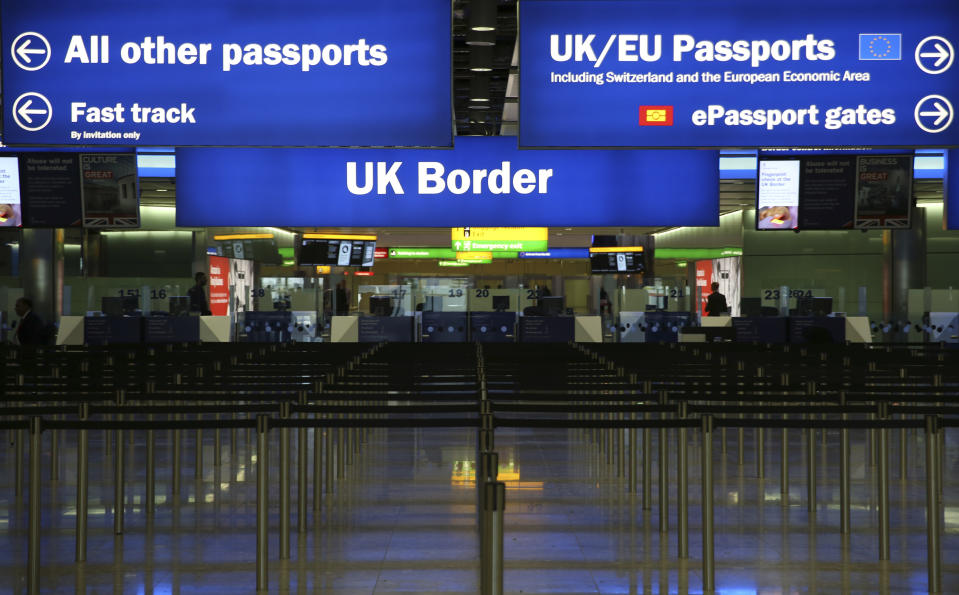UK loosens immigration rules so international graduates can stay longer

The UK has loosened immigration rules for students from abroad to let them stay longer after graduation, in a move welcomed by British businesses and universities.
Students from overseas will have a two-year window to find work after graduation from next year, up from the current four-month window introduced by former prime minister Theresa May when she was home secretary in 2012.
Opposition MPs called the move a “screeching Tory U-turn” on May’s decision to abolish the old post-study work visa in 2012 to curb immigration levels.
UK Prime Minister Boris Johnson said on Wednesday the move would help Britain attract “the brightest and best from across the globe,” but a campaign group for lower migration said the UK already attracted hundreds of thousands of international students.
READ MORE: The devil’s in the detail in Johnson’s points-based immigration plans
The new prime minister appears keen to signal a more liberal attitude to immigration than the previous administration, whose policies became associated with a so-called ‘hostile environment’ and the Windrush scandal.
Johnson has also distanced himself from the Conservatives’ high-profile pledge to reduce migration to the “tens of thousands.”
But his government has sent mixed messages, infuriating employers and alarming EU migrants by announcing recently than EU nationals’ right to free movement would end immediately on Britain’s scheduled exit date of 31 October.
The plans were then abandoned in another U-turn last-week, with a return to the previous policy offering three-year temporary leave to remain for EU nationals arriving between Brexit and 2021.

Johnson has also promised a “points-based” system for both EU and non-EU migration, with migrants accepted if they meet particular criteria such as skills or education levels.
Polls show the idea is popular but details have yet to be fleshed out. Britain’s current rules is already partly points-based, and migration levels could rise or fall significantly depending on the criteria used and the number of applications.
Mike Spicer, director of policy at the British Chambers of Commerce (BCC) business group, said: “The British Chambers has long called for the two-year post-study work visa to be restored so this decision is welcome, if not overdue.
“This visa allows British universities and companies to benefit from the talent and energy of some of the students they have work so hard to train. At a time of critical labour shortages, it’s right that the UK’s immigration system reflects economic reality and removes undue barriers to accessing skills.”
READ MORE: Johnson warned ending free movement suddenly is ‘close to impossible’
The Scottish National Party (SNP) claimed victory after campaigning for a longer window for foreign graduates to stay, calling the U-turn “long overdue.”
Alistair Jarvis, chief executive of higher education lobby group Universities UK, said the announcement was “very positive news.”
Home secretary Priti Patel said: “The new Graduate Route will mean talented international students, whether in science and maths or technology and engineering, can study in the UK and then gain valuable work experience as they go on to build successful careers.”
But Alp Mehmet, chair of Migration Watch UK, attacked the reforms, saying it was “likely lead to foreign graduates staying on to stack shelves,” with universities already attracting record numbers of overseas students.

